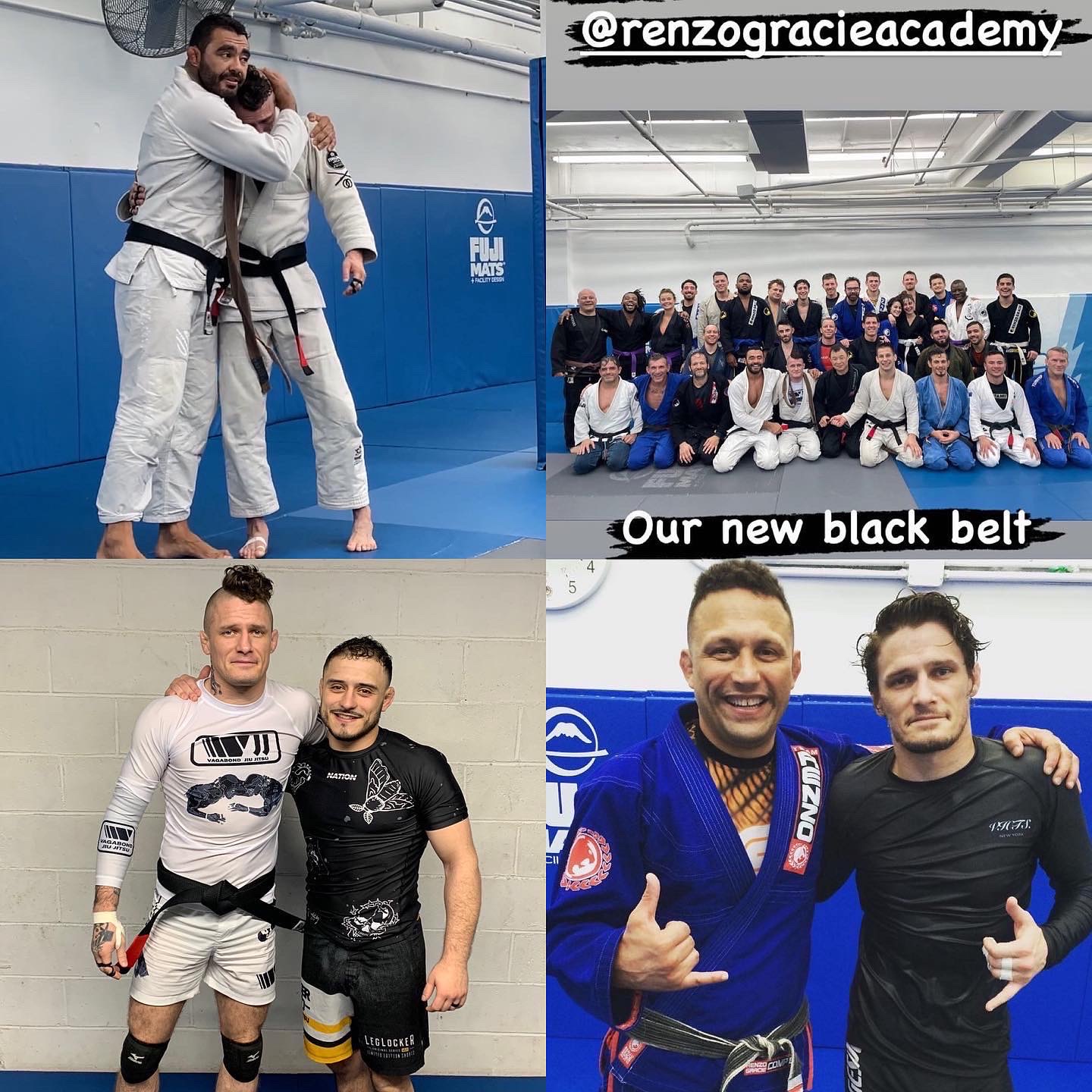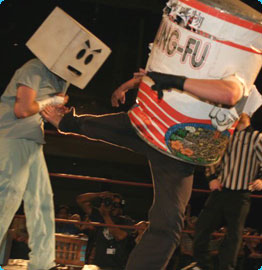Judo: provided much of the genesis of Sambo and Brazilian Jiu-Jitsu. Olympic sport. Combines throwing, transition, and submission, close relationships to traditional martial arts/values, structure/order to class more consistent, typically see more than one black belt on the mat coaching (in my experience)
Brazilian Jiu-Jitsu: rapidly spreading across the USA (and others parts of the world) due in part to MMA's rise to prominence, generates far more in revenue on a per club basis. holds open tournaments for the Pans and World Championships. Growing it's identity to the general public as good for children's self-defense, and a safer alternative for bully proofing their children than styles of striking.
The purpose of this post is not to inflame internet sentiment (go check out the BJJ vs Judo debate at Judoforum.com for that or insinuate that Judo can learn from BJJ or that Judo crosses over well into BJJ and watch the flame war begin).
Disclaimer: The following are some base observations about the things that each style at a club/sport level seems to do exceedingly well in my experience training and visiting various clubs across the state where I live and having followed both sports for a number of years.
Judo: decades upon decades of athletic research, physiological research studies and PhD papers, high end analysis of sport results by throw, pin, strangle et cetera, refinement of children's training and training methodology from childhood to adulthook, typically a greater emphasis on physicality/athletic requirement in competitive clubs, physiology research, weight lifting regimens feature periodization (though Judo has different aerobic/anaerobic requirements than BJJ and strength and conditioning is becoming a more serious component among competitors), worldwide notoriety, has gone through the growing pains BJJ now faces as it rises to prominence
BJJ: growing visibility, seen as a safer (injury-wise) grappling alternative than Judo, intrinsically linked to MMA, has seen more crossover from high profile Olympic wrestlers, Gracies in Action tapes show self-defense application against various "styles", willing to charge more and generate more $, risen to prominence in the age of the internet, easier learning curve at the outset than Judo (in my honest opinion, you will armbar someone after a few months of BJJ but it might be a year or more before you legitimately throw others in your club in Judo),
Rather than pointing out the above to say one is better or inferior, I wish that more clubs would look outside of their box and consider what they can LEARN FROM ONE ANOTHER. If Kano thought he'd learned all their was to know about throwing he would not have sought out different instructors over time and added techniques to the Gokyo as they became applicable. He would also not have had others teach mat work b/c that was not his strong suit. But he did both of the above.
If BJJ had not tested itself against various styles of martial arts, MMA would not exist. BJJ has prided itself on challenge matches and the willingness to test in real-time what works without time limits or rule restrictions.
To close your mind to what other styles do well (be it marketing, advertising, enrollment, children's programs) et cetera is to violate a core principle of Judo and BJJ: what works in real-time.
Kano and Helio both strictly adhered to the "what works and can be diligently trained" philosophy.
Empty your tea cup. Open your eyes. Look around at what others are doing and gleam from them what works or what can be adopted without violating the core principles of your sport.




No comments:
Post a Comment